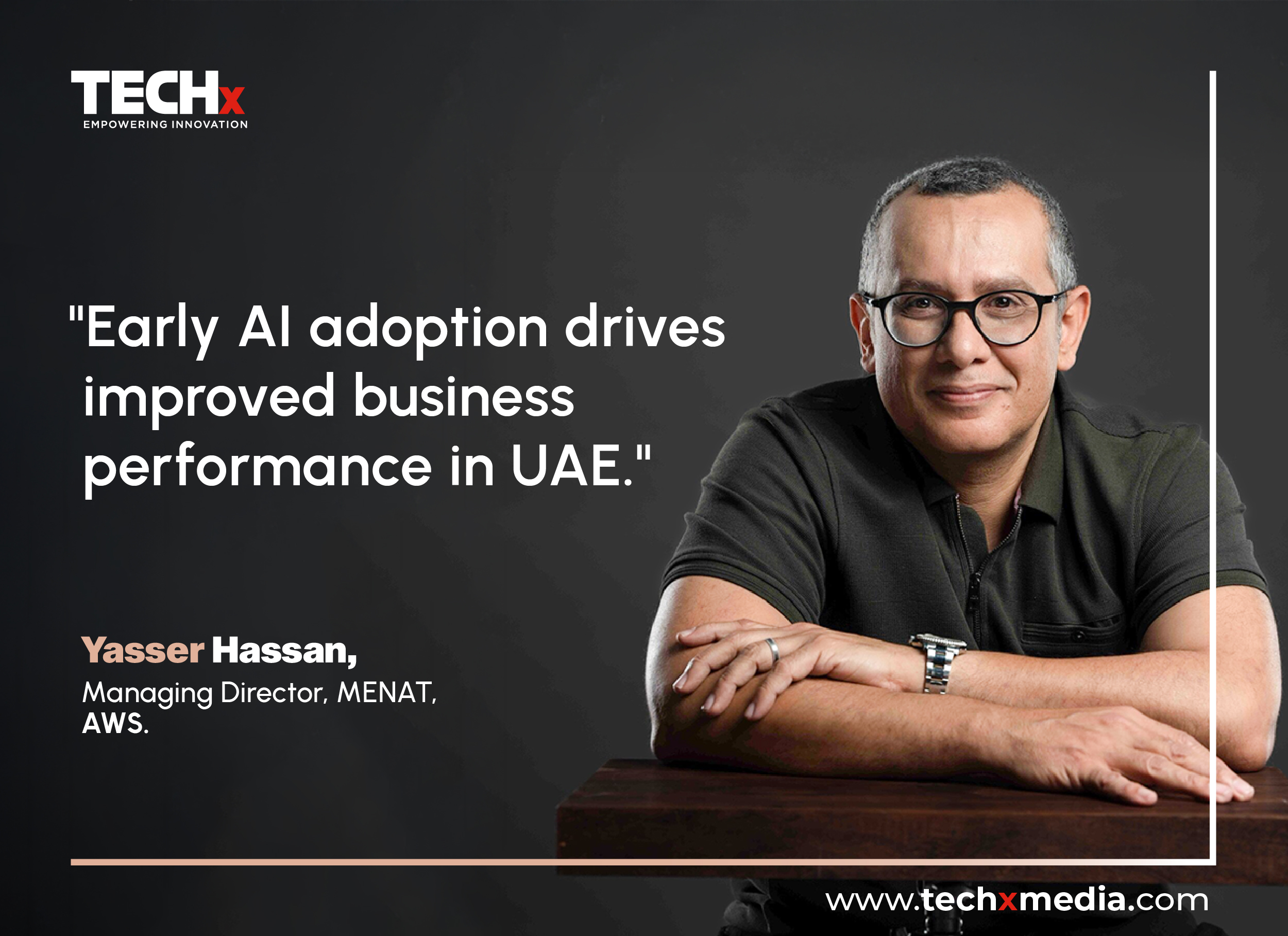
Amazon Web Services (AWS), in collaboration with the International Data Corporation (IDC), has released a new whitepaper that highlights the impact of artificial intelligence (AI) on UAE’s private and public sectors. The report reveals that while early AI adoption is improving business performance, there is a risk of creating a digital divide between organizations that embrace AI and those that lag behind.
The whitepaper, based on a survey of 166 organizations across Saudi Arabia and the UAE, covers key industries including government, finance, hospitality, and retail. It found that 28% of organizations have begun experimenting with AI, and 88% of those early adopters report significant improvements in business performance.
The UAE is accelerating AI adoption, with government strategies like the National AI Strategy 2031 aiming to position the country as a global AI leader by 2031. However, the whitepaper also highlights challenges that could slow progress, including regulatory uncertainty, a shortage of skilled talent, and data-related issues.
The report points out that 58% of UAE organizations are concerned about unclear privacy and security regulations, underlining the need for a regulatory framework that fosters responsible AI growth. Collaboration between government, businesses, and technology providers is essential to create an environment conducive to AI development.
A major barrier to AI adoption is the lack of skilled talent. Nearly half (46%) of UAE organizations cited a shortage of digital skills as a challenge. To address this, the UAE is investing in AI education and training programs. Universities such as Mohamed bin Zayed University of Artificial Intelligence (MBZUAI) and Khalifa University are offering specialized programs to develop AI expertise in the region. Additionally, the UAE government’s Innovai initiative supports AI startups, contributing to the development of innovative AI solutions across various sectors. The whitepaper also reveals that 62% of UAE organizations plan to invest in data literacy and AI skills within the next 12-18 months.
Data-related challenges, including data security, a lack of skilled data management resources, and inefficient data architecture, are also hindering AI adoption. However, these challenges represent opportunities for technology providers to innovate in data infrastructure and engineering, which are critical for AI success.
AWS’s Managing Director for MENAT, Yasser Hassan, emphasized that early AI adoption aligns with the UAE’s “We the UAE 2031” vision. He noted that organizations investing in AI are already seeing improved business performance. AWS remains committed to supporting responsible AI adoption by providing secure cloud services and expertise to help organizations confidently navigate the AI landscape and drive growth.
UAE organizations such as Camb.ai and the Technology Innovation Institute (TII) are leveraging AWS’s AI infrastructure to drive innovation while ensuring secure and responsible AI deployment. AWS’s role in advancing AI adoption underscores its commitment to empowering businesses and government entities to lead in the AI-driven future.
With AI transforming the UAE economy, overcoming regulatory, talent, and data challenges will be key to ensuring widespread and responsible AI adoption across the region. AWS’s collaboration with key stakeholders is helping pave the way for continued AI growth in the UAE.